Investigating and questioning the possibilities and limits of bad faith lie at the heart of the existential thinking-philosophizing...
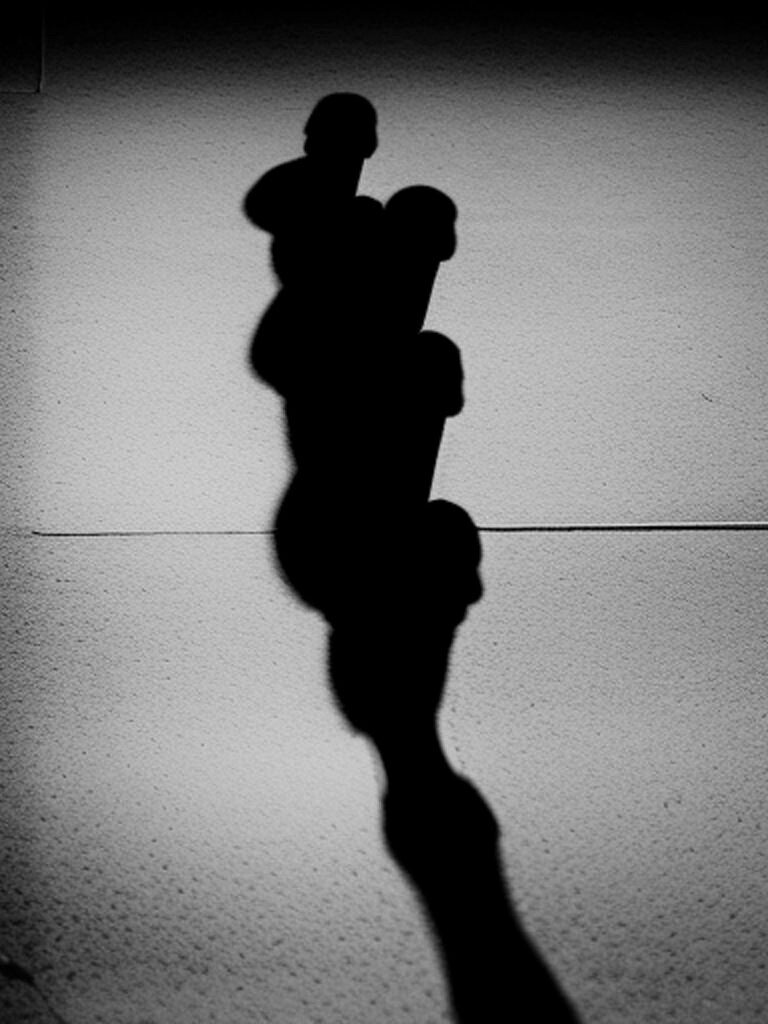

Investigating and questioning the possibilities and limits of bad faith lie at the heart of the existential thinking-philosophizing...

Sartre’s atheism is radical; it is philosophical and personal, ontological and subjective, phenomenological and poetic; it is the...
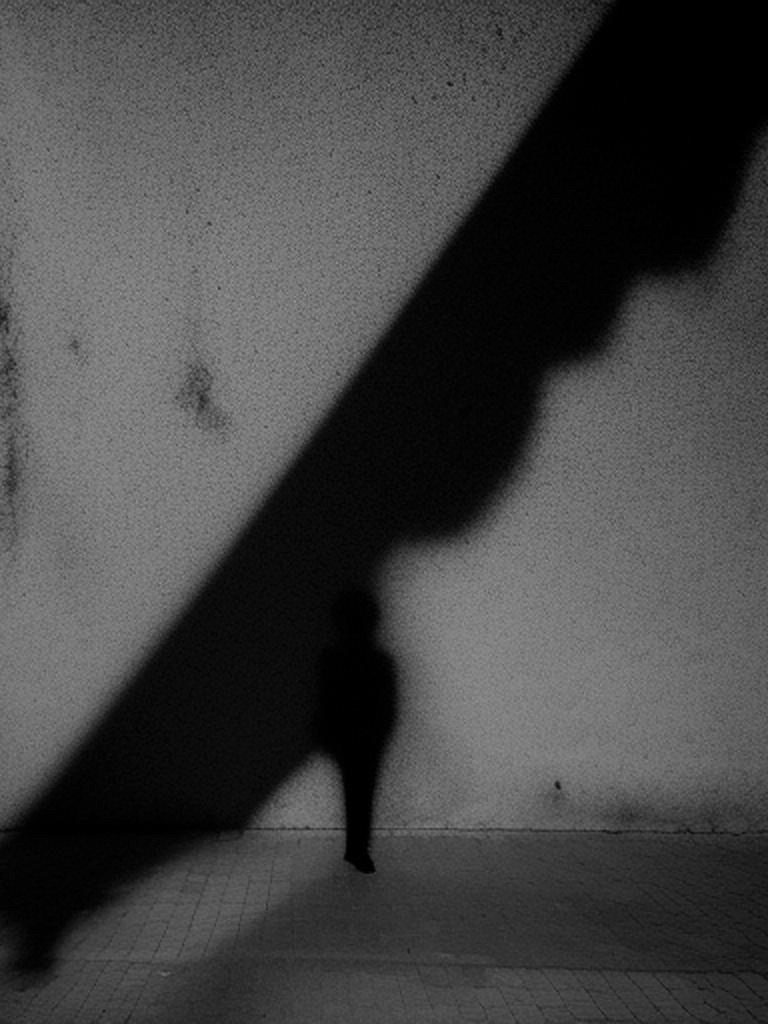
The entire existential thinking-philosophizing of de Beauvoir arises from, revolves around, critiques, and argues against the problem of...

For Sartre, committed writing aims at changing the world by disclosing it and by asking and investigating the...

In the ethical-existential thinking-philosophizing of Sartre, authenticity is offered not as a mere value, but rather as a...
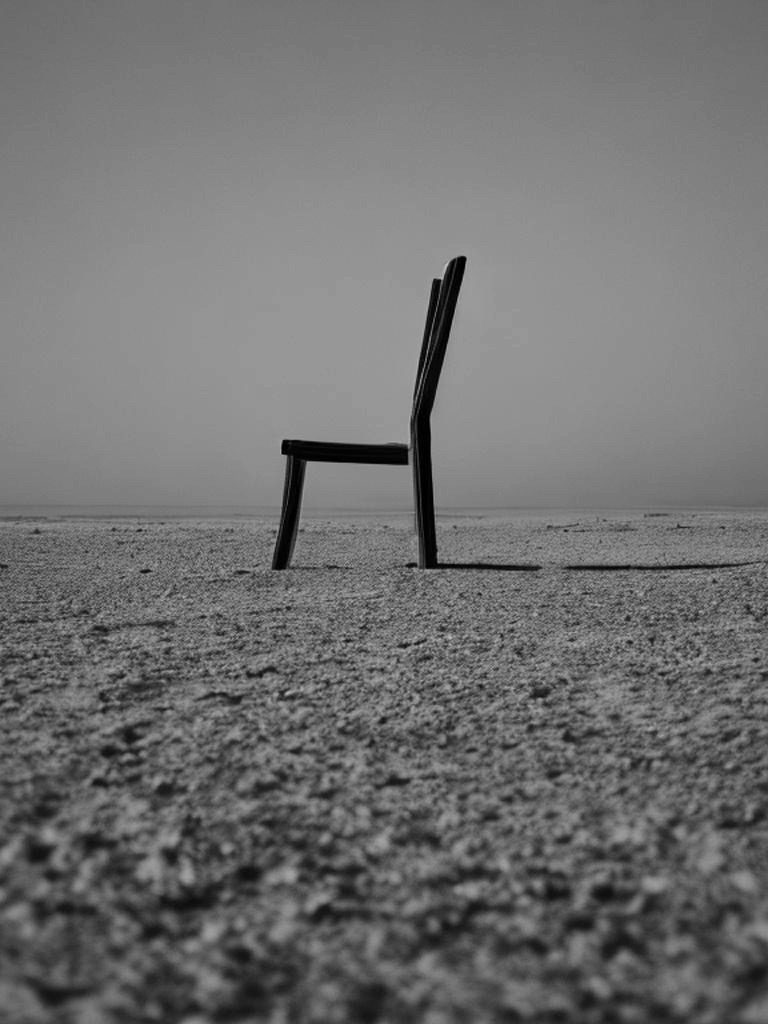
The situation of children is where Simone de Beauvoir begins her discussion and analysis of freedom and the...

According to Sartre, abandonment does not mean that we are forgotten about or left behind by a certain...

The thinking-philosophizing of Simone de Beauvoir is grounded in existentialism, its detours, and attempts; it takes existentialism as...

In Existentialism Is a Humanism, Sartre introduces the detours of his existentialism by bringing existentialism and humanism together...
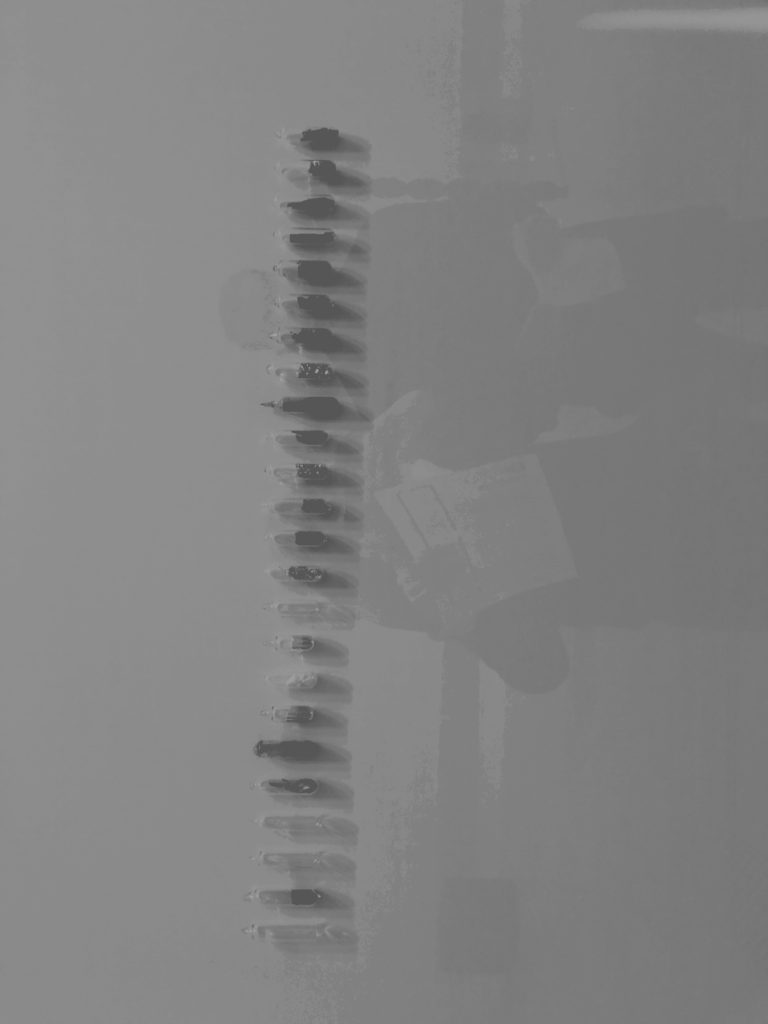
Freud links together responsibility with dreams and says that we must hold ourselves responsible for our dreams, for...
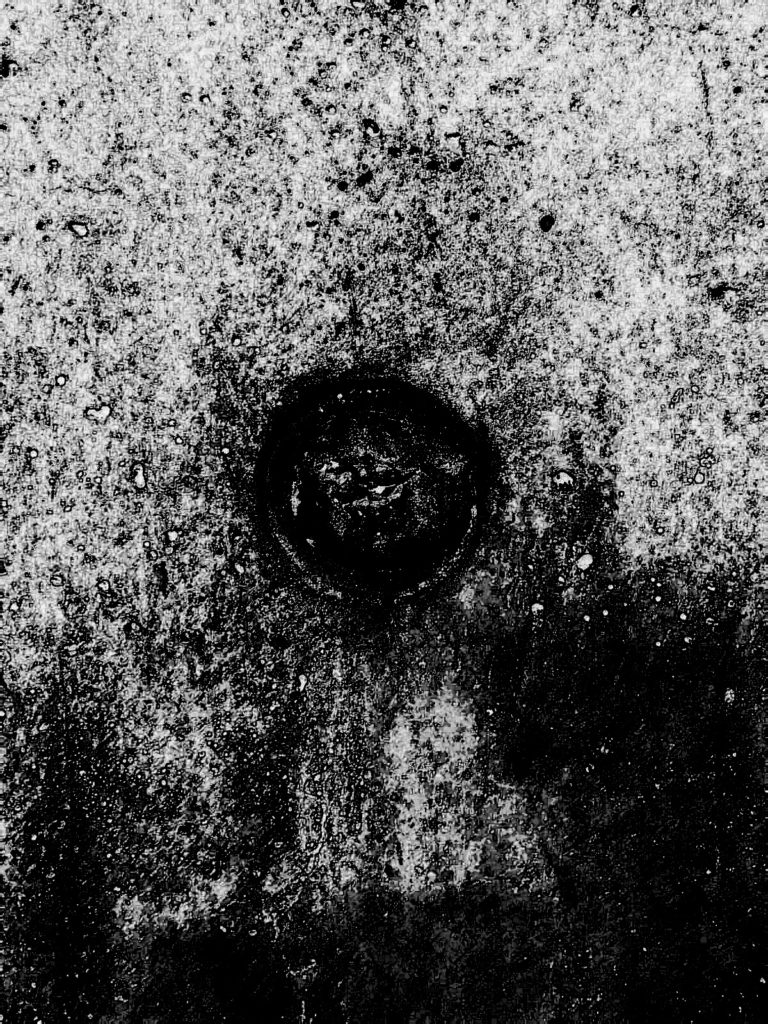
Sartre defines consciousness as nothingness and nothingness as freedom. It is in this togetherness of consciousness and freedom...
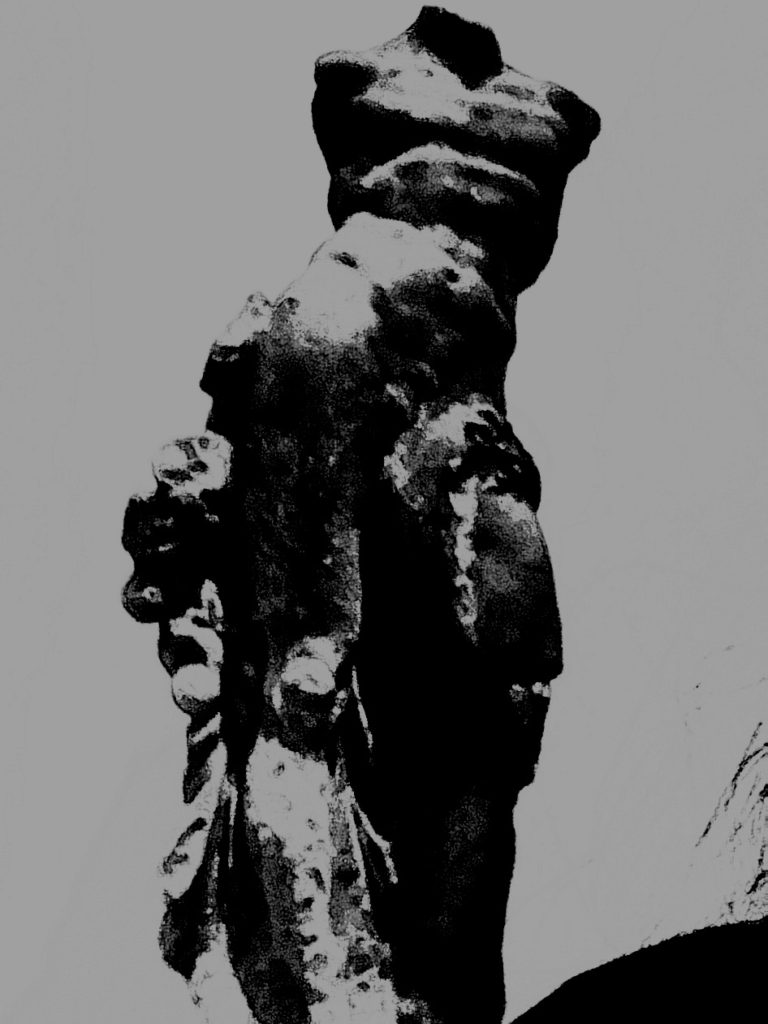
The unconscious, for Sartre, means that there is a part of ourselves that is absent, radically foreign, and...